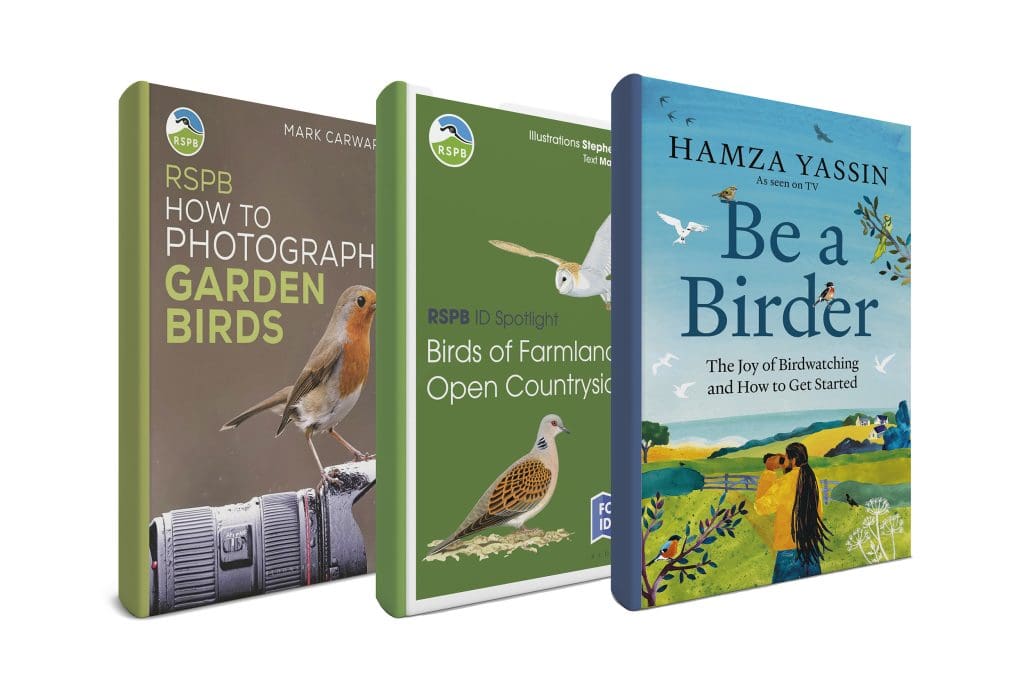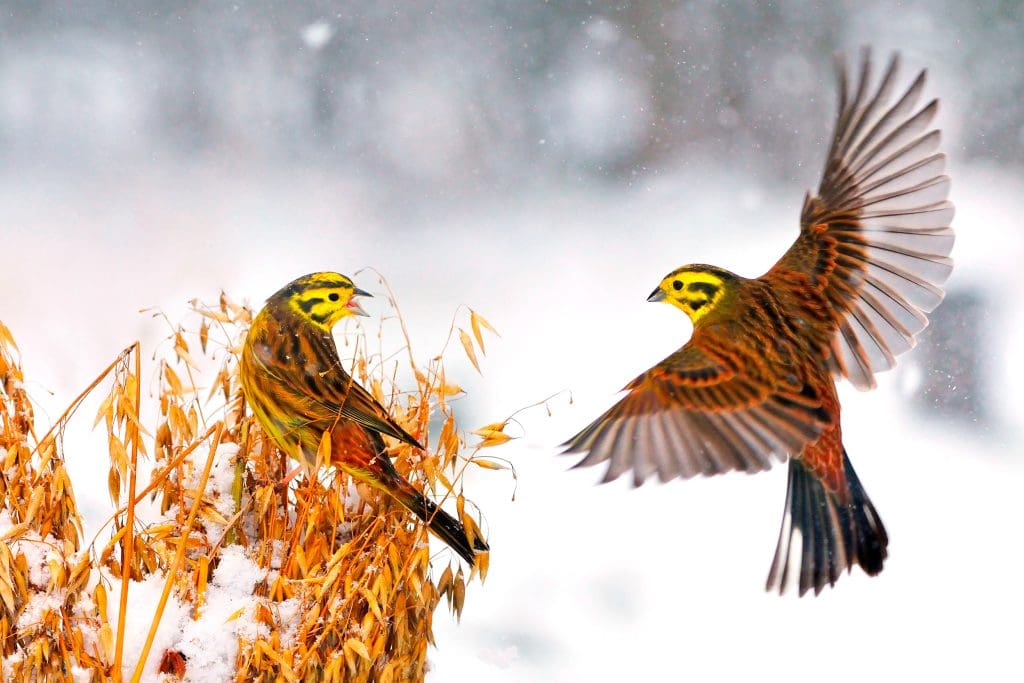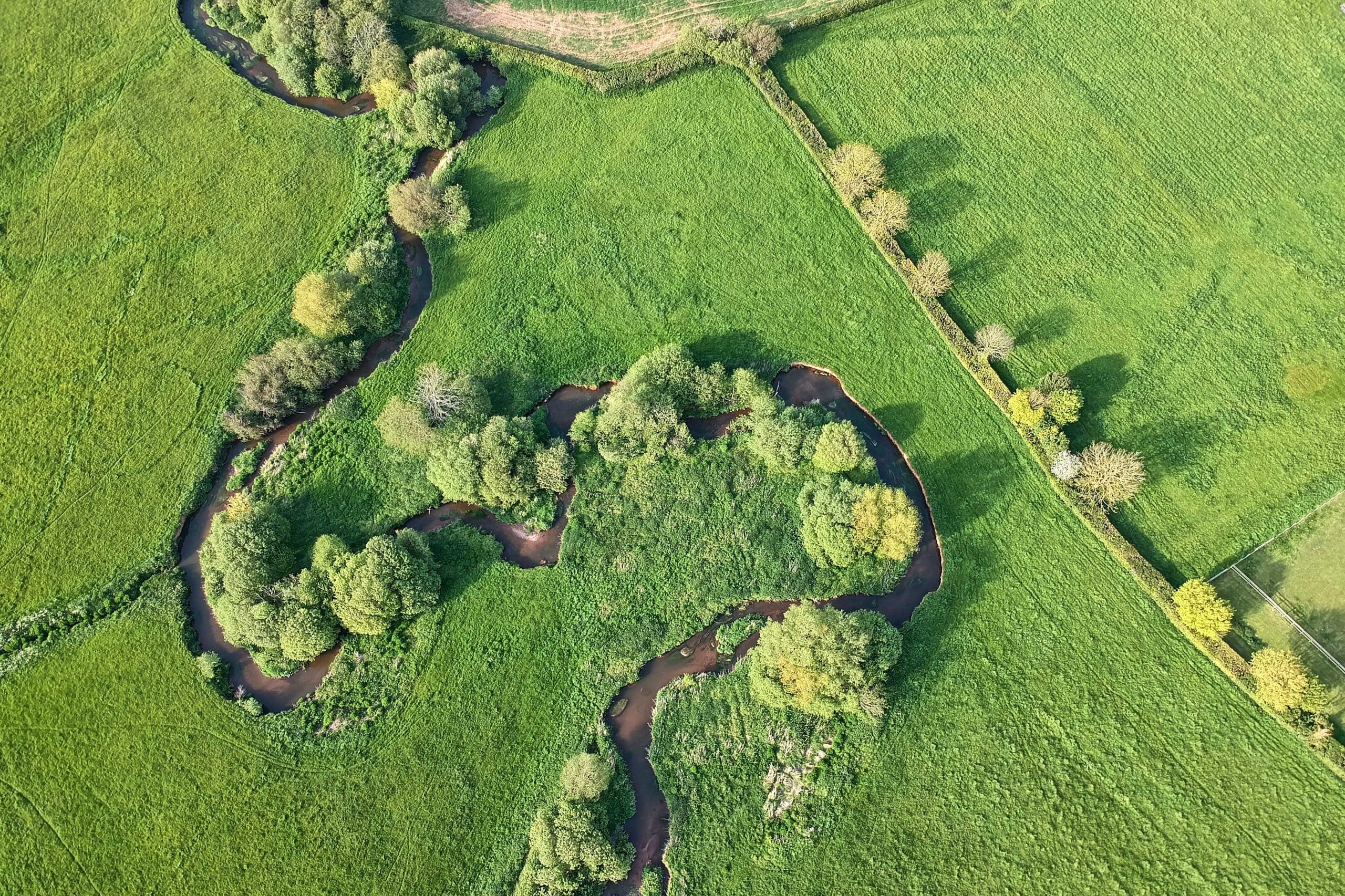Farming has played a pivotal role in shaping our landscape over centuries, leaving its fingerprints almost everywhere we look. More recently, the agricultural sector has undergone huge transformations, driven by technology, policy reforms and evolving consumer demands. While these changes have increased productivity and efficiency, they have also had profound effects on our shared environment. It is hardly surprising that, with 70% of the UK’s land being farmed, how we farm is also profoundly connected with the recent declines in the distribution and abundance of nature.
Growing up, my Dorset village was surrounded by five family-owned farms, their cows often delaying our morning sprints for the bus as they were herded along country lanes. Today there are fewer farms and they have grown in size, and where once cows grazed, there are now modern housing developments and farm equipment forecourts.
‘We all want our countryside to be a vibrant and healthy place, with robust local economies, where farmers get a fair deal’
The farmed landscape is still undergoing rapid change, reflecting the demands of a modern society and adding yet more pressure on nature. Fields that were once used for food production now contribute to our energy demands through the cultivation of crops for biofuel and the installation of solar panels. Food, and the way it is produced, is central to all our lives, especially in a cost-of-living crisis.
As society grapples with the challenges of feeding a growing population while minimising harm to the environment, there is recognition of the need for a more sustainable approach to agriculture. The focus is shifting towards regenerative farming methods that prioritise soil health, nature and resource efficiency. Just as farming has been key in nature’s decline it is also fundamental for its renewal. But in England, as an example, we are currently stuck in limbo. Farmers aren’t happy and neither are conservation groups such as the RSPB.
What was supposed to be the post-Brexit panacea to our problems, the Environmental Land Management scheme is having teething issues. Farmers need the certainty that the necessary policies and financial support are in place if they’re to grapple with problems such as energy costs and labour shortages and produce healthy food while helping to reverse wildlife declines and restore the environment. We’re concerned current schemes are simply not on track to support farmers to deliver the level of change required.
There is cause for hope though. Groups such as the Nature Friendly Farming Network are not only championing new models of agriculture that can deliver wildlife alongside healthy food, but they are also sharing their insights and experience with other farmers. Schemes such as Fair to Nature give consumers confidence that they’re buying environmentally sound products and support businesses that are committed to making a genuine difference. Also, local nature recovery networks are being championed, and annual events such as the Groundswell Conference and the Real Oxford Farming Conference are bringing together farmers, researchers, industry experts and enthusiasts to share knowledge about sustainable and regenerative farming.
Ultimately, we all want our countryside to be a vibrant and healthy place with robust local economies, where farmers get a fair deal and the support they need. If we can achieve this then nature will return across the UK, expand, and grow into the places it once was. Without the help of farmers and the land that they manage, the task of bringing back nature will be nigh impossible.
Listen to this feature here:
You might also like

Autumn/winter book releases

A voice for nature



